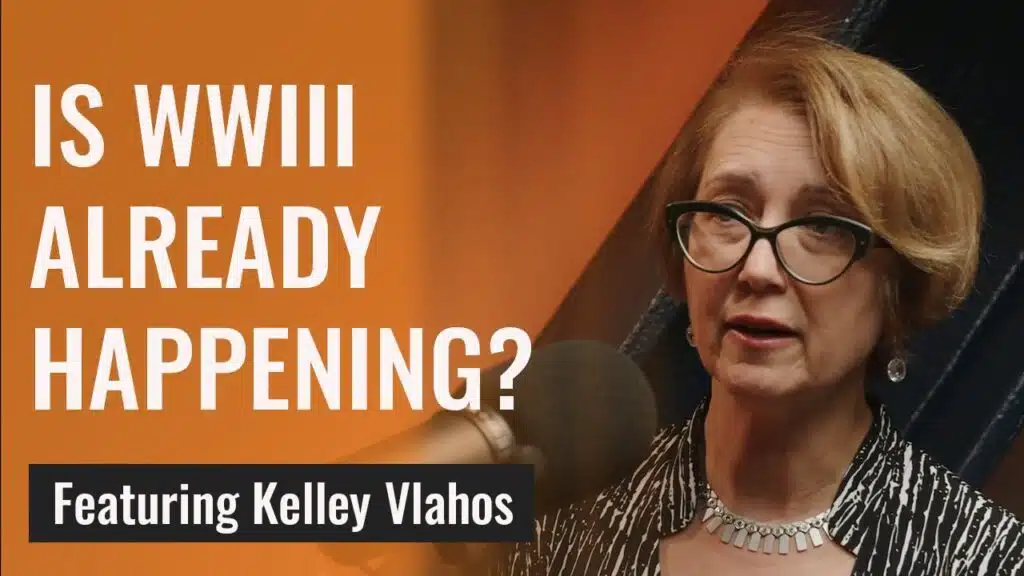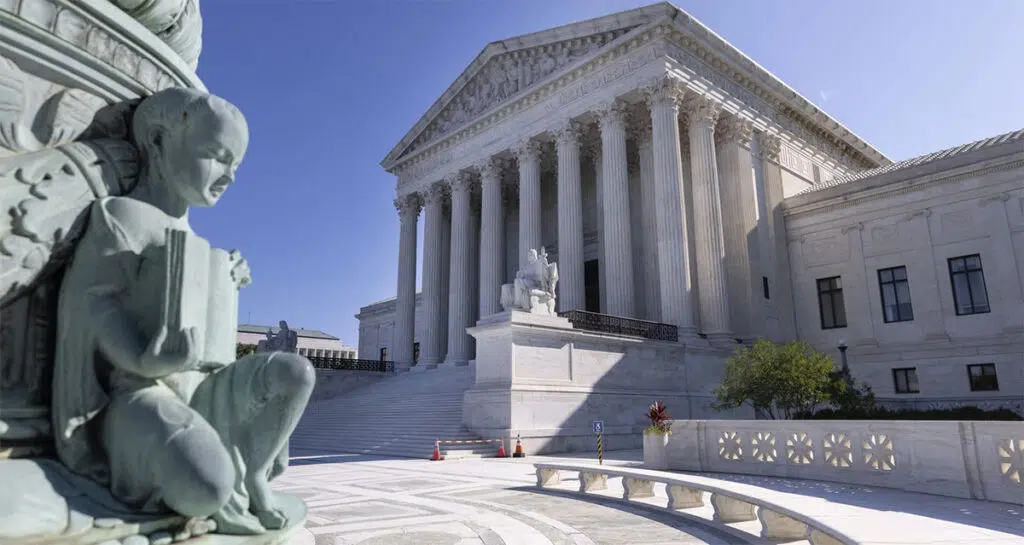
How Close Are We To World War III?
President-elect Donald Trump will inherit a far more unstable world than the one he left President Joe Biden just four years ago. The war between Russia and Ukraine continues to grind on, escalating at the behest of the Biden administration. The situation in the Middle East, with the fall of the Assad government in Syria, only becomes more precarious by the day.
While the experts in Washington will never say we’re already in the midst of World War III, these conflicts span two continents and are deeply intertwined. But if World War III does come, these years will be remembered as its opening phase. This week on “The Signal Sitdown,” I discuss these conflicts and more with Kelley Vlahos, editorial director at Responsible Statecraft.
“Once you make your adversary the devil, it’s hard to say, ‘Well, let’s sit down and talk with the devil,’” Vlahos said of the continuation of the Ukraine war, despite signs that it’s only a matter of time before the Ukrainians will have to negotiate a peace with Russia. “That’s something that Biden and NATO did to themselves by making this an existential crisis, with the future of democracy of the whole, entire world at stake.”
But “it’s not just Biden” and his administration, Vlahos told me. “All of these European capitals are hell-bent on continuing this war, and under the rubric of NATO.”
Vlahos bemoaned that “European establishments would love to see the Ukraine war fought to the last Ukrainian.”
Though American conservatives are prone to attack the Establishment in Washington, “anybody that you talk to will tell you that the establishments over there are worse than they are here,” Vlahos said. “They’re monochrome. They don’t allow for dissent. You know, everything is an ivory tower. They’re moving people around like chess pieces in Ukraine.”
“We have a blob here in Washington; you have a blob there in Brussels,” Vlahos told me.
The blob, Vlahos said, is “a self-licking ice cream cone.” And whether it’s increased involvement in Ukraine or Syria, there is “this strange Borg logic in Washington, that any time that we talk about retrenching or taking back or cutting a budget, that means a loss of power.”
“That’s a bad thing,” she said of the blob’s justification to get involved in foreign conflicts. Nevertheless, “everybody just goes rushing to battle stations to keep the troops there, and they’ll use any excuse to keep them there.”
“And so what have we done to our own national security?” Vlahos asked rhetorically. “We can’t make missiles as fast as we’re giving them away. There’s plenty of money that we’re giving to defense contractors, and they got all the contracts, but a lot of these things won’t be ready for another five, 10 years to replenish what we’ve given away.”
“At a pure national interest angle,” Vlahos continued, “we need to stop these wars, because we’re making ourselves vulnerable in the effort to try to change the world and fix things overseas, that for many Americans, they don’t know what the connection is.”
“As much as Trump has a lot of authority right now, and has basically put on notice where we stand—and [Ukrainian President Volodymyr Zelenskyy does recognize that—I think there is a serious fight ahead, because NATO is not going to give up,” she said. “They’re not about to sort of retrench because Donald Trump says they got to end the war.”
Nevertheless, Vlahos has hope that it all “might come crashing down” on the blob at some point.
“The people are going to be the ones that rise up and say, ‘Enough is enough. We can’t do anymore. We have to start looking back inward.’”



